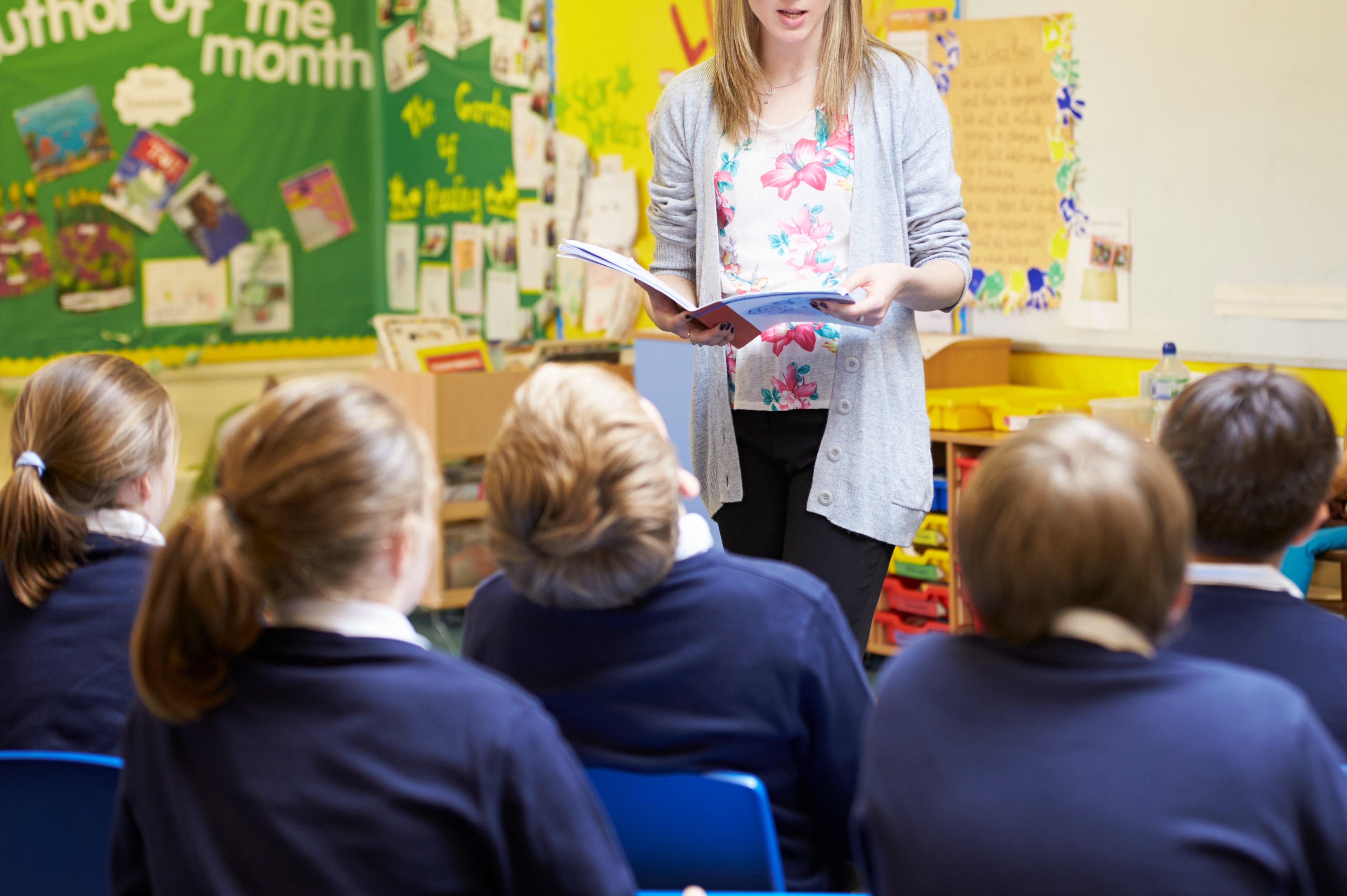Push to ban ‘outdated’ collective punishment in schools

The use of collective punishment in schools, whereby an entire class suffers after one child misbehaves, has been restricted in Tasmania after a complaint from a Devonport parent.
Now, the Tasmanian parent is calling for other states to also ban the practice.
Jonathon Sargeant, senior lecturer in inclusive education and classroom management at the Australian Catholic University, agreed collective punishment should be phased out.
“Mass punishment doesn’t work and can actually do more damage than the actual intention,” he told 3AW’s Kate and Quarters.
“The use of collective punishment and the group suffering for the wrongs of one is pretty outdated.
“It’s basically trying to shame an individual into changing their behaviour by guilting them.”
Children who behave badly often struggle to make friends, and collective punishment can make forming friendships even more difficult.
“You could get a situation where the whole group starts to either gang up on or isolate the individual who actually needs the support,” Mr Sargeant said.
Mr Sargeant suggested the use of group reward programs, where everyone is rewarded for good behaviour, rather than everybody being punished, as a more effective alternative.
Press PLAY below to hear more.















